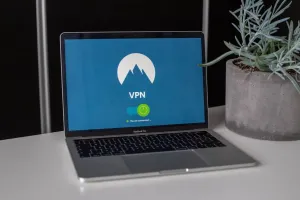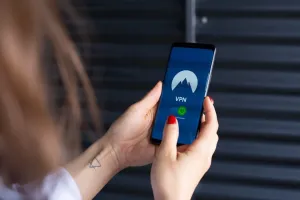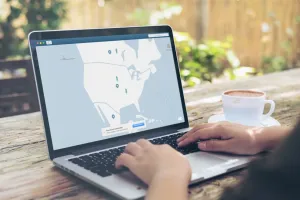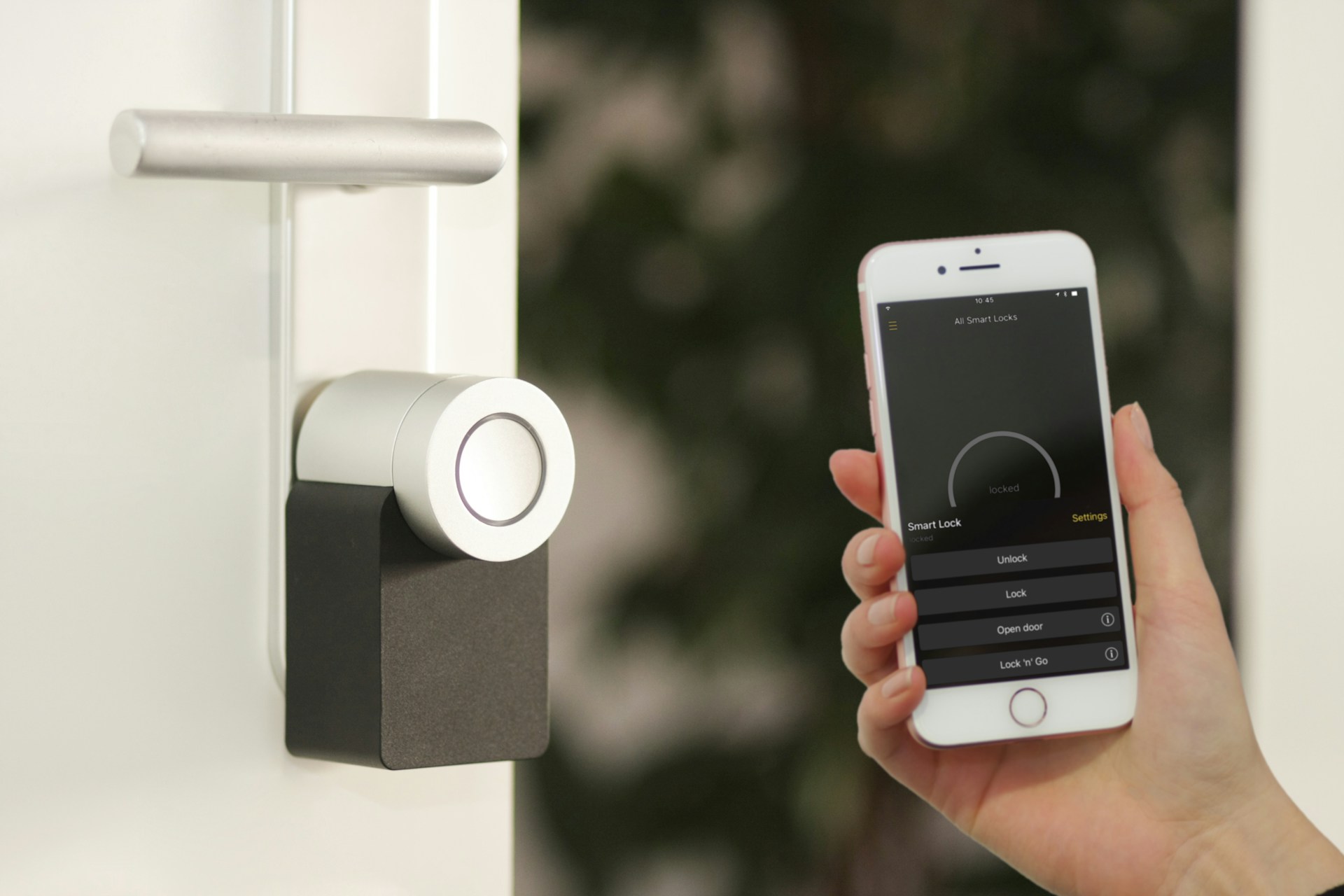We live in a very interconnected world, and as a result, securing your online presence is now more important than ever. VPNs remain a good way to do this, as they allow you to safeguard your data while offering protection against cybersecurity threats. With that said, can you use a VPN without Wi-Fi?

VPNs and Wi-Fi: A Dynamic Duo?
Wi-Fi, in layman’s terms, is a way for you to connect your device to the internet, wirelessly. It’s the medium that gives you full internet access from your router, which provides a connection to the global network. A VPN is a tool designed to give you a secure, encrypted connection to the internet by running your traffic through a remote server. This protects your data, and it also helps to mask your IP address, so you gain anonymity when browsing online.
If you want to use a VPN, then you need to make sure that you have an internet connection. If you don’t have an internet connection then you cannot route your traffic through the VPN server. Although Wi-Fi provides you with the means to connect to the internet, the use of a VPN is really about securing your data, so that when you have an established connection, your data is masked.
When you break down the purpose of a VPN and Wi-Fi connection, it’s clear to see that the two work in sync with each other. Wi-Fi allows your device to connect to the internet, and a VPN shields your online activity. A VPN however isn’t inherently tied to Wi-Fi, as there are several other ways that you can connect to the internet.
Using VPNs without Internet: Myth or Reality?
One major question that a lot of people have is whether a VPN can function if you do not have an internet connection. The answer here would be no. A VPN cannot work if you don’t have an internet connection at all. A VPN requires you to have an active connection so that your traffic can be routed through the servers. Without the internet, your device won’t have any way of accessing a VPN server, meaning that your VPN can’t encrypt or reroute the traffic you’re generating.

Wi-Fi Connectivity
Most people associate VPNs with Wi-Fi as it is the most common way to connect a device to the internet. If you are connected to Wi-Fi, and it is providing you with internet access, then you can use a VPN without any issues at all.
Mobile Data
You can also use a VPN with a mobile data network. This includes 4G and 5G. If your device is connected to mobile data and has internet access, then you can use a VPN to make your internet connection even more secure.
Wired Connection
Lastly, wired connections. If you are using a wired internet connection to secure your access to the internet then a VPN will work. Again, all you need to have is an internet connection for the VPN to work.
Taking into account this information, it is clear that VPNs cannot work if you don’t have an internet connection at all. They can however work with connection types beyond Wi-Fi.
Exploring VPN Connectivity Beyond Wi-Fi
It’s clear that Wi-Fi isn’t the only way for you to establish an internet connection. VPNs are very versatile tools, and they can work with almost any type of internet access. If you want to find out more about each subtype of connection, and how things work when you’re not connected to Wi-Fi then take a look below.
Cellular Connections and VPNS
Mobile phones, tablets, and other related devices tend to have cellular capabilities that provide internet access via a mobile network. This can be through 4G or 5G. As long as you have mobile data available then you can connect to the internet and use a VPN to secure your traffic. This is best for people who are on the go and want to guarantee their security when browsing online. Using a VPN on mobile data can also help you protect your privacy when operating on public networks. A VPN helps to ensure encrypted browsing, especially when using mobile hotspots. It also allows you to access content that might be locked when you are traveling. Many providers, like VPN Pro, have their own apps for mobile users, making it easier and simpler for you to connect using mobile data while offering security for those on the go.
Ethernet Connections and VPNs
Another alternative would be for you to use a wired connection, via an Ethernet cable. Ethernet connections are very common in offices, but they are also present in universities and some households where connection stability is important. If your device has an internet connection via an Ethernet cable, then you can use your VPN to encrypt your traffic so you can maintain your privacy. This is especially good if you know that your Wi-Fi connection is unstable or unreliable. Just like with a mobile connection and Wi-Fi connection, the VPN will reroute traffic through servers, ensuring security while you browse the internet.
Public Networks and VPNs
Sometimes, using a public Wi-Fi network, like what you’d find in a café or even in an airport can be risky. The main reason for this is that you open yourself up to hackers and malicious actors who may be trying to steal your data. If you have a mobile device that has a cellular connection then you may have the option of being able to use it to provide a more secure connection. If you tether your mobile data to your laptop or another related device, then you will be able to secure public Wi-Fi networks and connect securely through your VPN.

The Truth about VPNs and Internet Connection
So, at this point, we have firmly established that VPNs need to have an internet connection so that they can work. With that said, it’s also important to delve into how VPNs function, and how this relates to the context of internet connectivity.
Encryption and Security
Whether you are connected via mobile data, Wi-Fi, or Ethernet cable, a VPN is going to encrypt your data, making it almost impossible for a third party to track your activity. It will also create a secure tunnel between the VPN server and your device, which is critical if you want to protect sensitive information. This is especially the case when you use an unsecured network.
Privacy and Anonymity
If you mask your real IP address and if you route all of your traffic through a VPN server then a VPN will essentially add an extra layer of protection to your device. Whether you use mobile data or a Wi-Fi connection, all of your activities will remain anonymous, which is great when you are browsing sensitive information or if you happen to be accessing content that has restrictions within your region.
Restricted Content
Following on from the last point, a VPN is useful if you want to access content that might be geo-restricted. Whether you are using mobile data, Ethernet cable, or Wi-Fi, a VPN can make it look like you are accessing the internet from a whole new location. This can be great if you are using a streaming service that is blocking content where you are.
Surveillance Protection
VPNs help to protect your browsing activities so they cannot be monitored by an ISP or any other entity. If you take the time to encrypt your internet connection then a VPN will ensure that your activities are not visible to those who may be trying to track you. This is regardless of the connection you are using to access the internet.
Compatibility for Devices
VPNs happen to be compatible with a wide range of devices. They can be used from a gaming console, computer, smartphone, laptop or mobile. VPN software or apps are usually designed to provide a secure connection across a number of platforms, making them a valuable tool for those who value their privacy.
Conclusion
Even though a VPN is not limited to Wi-Fi alone, you do need to make sure that you have an internet connection. This can be an Ethernet connection, cellular connection, or even a tethered connection. As long as you have internet access you should find that it is easy for you to secure your online activities. While a VPN cannot work without an internet connection, it can be a very valuable tool if you want to protect your privacy.
So, the next time you are wondering if you can use a VPN without Wi-Fi, remember that it’s not always about the type of connection you have. It’s about having a connection, as only then can the VPN secure your traffic. Moreover, a VPN can also be used to bypass geo-restrictions, showing that its benefits go far beyond that of security, and instead, offer access to exclusive content that would have otherwise been unavailable in your region.





